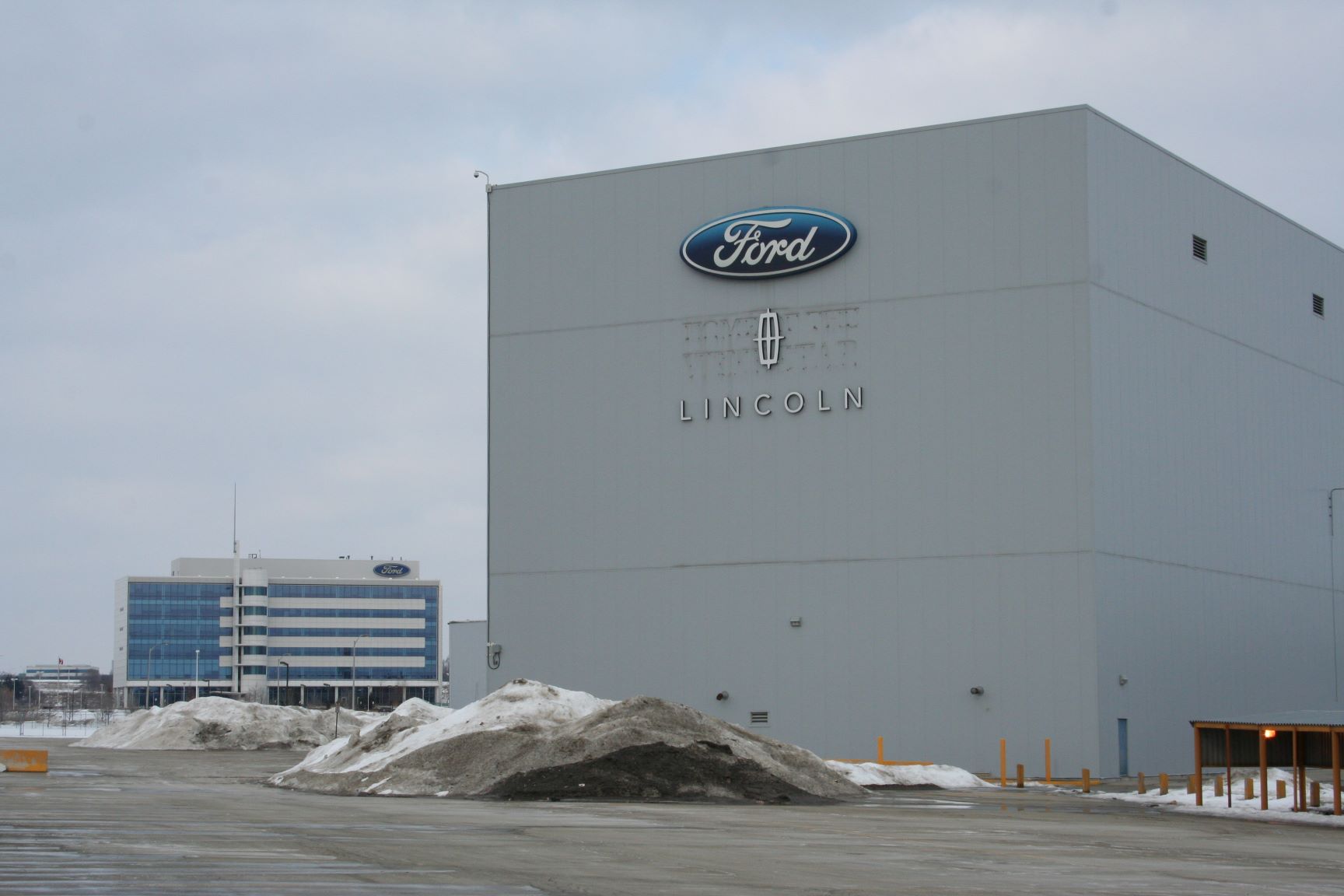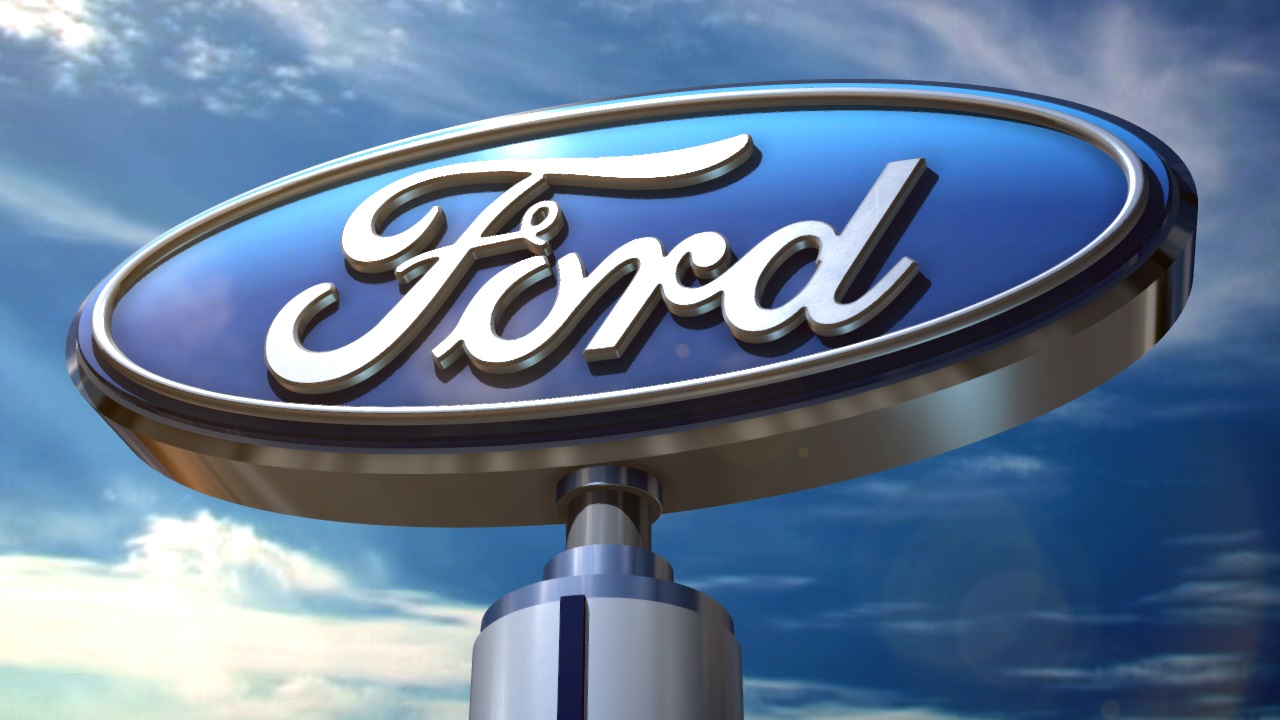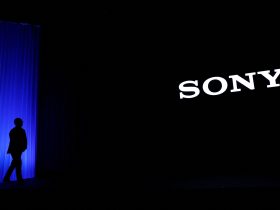On Thursday, Ford Motor CEO Jim Farley urged Wall Street to shift its focus away from Tesla and its Full Self-Driving (FSD) systems as the future of the auto industry, advocating instead for attention on Ford’s “Pro” fleet business.
Farley drew parallels between the Pro unit and Deere & Co.’s trajectory seven years ago, highlighting the substantial increase in the farm equipment maker’s stock value since then.
“If you’re looking for the future of the automotive industry, stop looking at FSD and Tesla. Look at Ford Pro. It’s got half a million subscribers with 50% gross margin,” Farley emphasized during a Wolfe Research conference.
Ford Pro encompasses the company’s traditional fleet and commercial operations alongside emerging telematics, logistics, and other connectivity services for business clientele, ranging from local tradespeople to large corporations. It also includes parts and services tailored for businesses.

Earlier this month, Ford projected that the Pro unit’s pretax earnings would rise to between $8 billion and $9 billion this year. This stands in contrast to earnings expectations for Ford’s “Blue” traditional business and anticipated losses in its Model e EV segment.
Unlike Tesla, Ford does not disclose revenue or earnings specifically from its premium driver-assistance software. Many analysts speculate that Tesla’s FSD software could generate significant revenue by 2030.
Ford anticipates that revenue from telematics and other nontraditional subscription services for Ford Pro will increase to $2,000 per vehicle annually in the future. Farley reiterated on Thursday that by 2026, 20% of Pro’s revenue is expected to originate from such services.

Farley and some analysts argue that Ford Pro is undervalued within the company, drawing comparisons to Ferrari, which was undervalued before being spun off from Fiat Chrysler in 2016.
Some investors may remain skeptical of Farley’s assertions, given Ford’s previous discussions about being a competitor to Tesla that have yet to fully materialize.
Ford is adjusting its EV investment strategy due to slower-than-expected consumer adoption and significant losses in its electric vehicle segment. However, Farley noted that fleet customers are adopting all-electric vehicles faster than anticipated.
The Pro operations are a key component of Farley’s “Ford+” restructuring and growth plan, led by Ted Cannis, a respected figure within the company.
“We always had a super successful pro-business … but there was no focus on it,” Farley remarked. “I think people are just starting to see [it].”







Leave a Reply